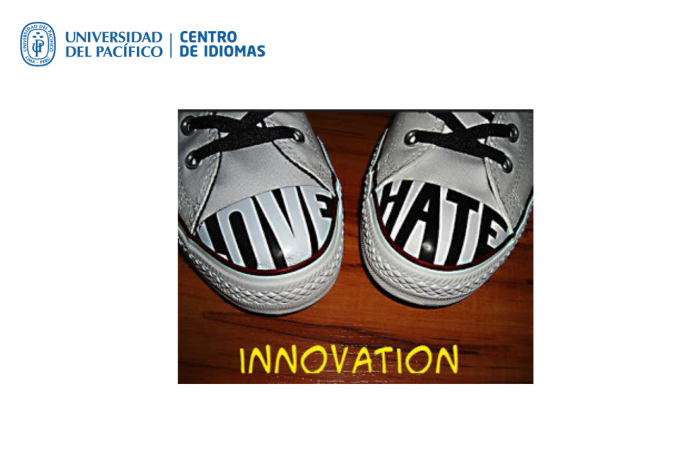With the advent of the Communicative Approach in the English class the then interminable practice of drills and choral repetition of the Audio Lingual method were stashed away by language teachers who adopted other didactical strategies such as pair-work, trios and group work; teacher talking time was denounced and trimmed off, and role-plays were put to frequent use. In the beginning even the teaching of grammar was disparaged and later minimized.
That is teachers became convinced of the benefits of such methods since they were convinced of their usefulness. But nobody petered out a moment to think how the learners were receiving those changes. It was just assumed that, since it was for their own good, they would be happy with it all.
Who has the upper hand in methodology?
The truth is that even today, after so many years, some students, and particularly adult ones, seriously dislike some aspects of those procedures. For example, we teachers discern that it is convenient to vary the interaction patterns and, for that matter, we change from duos to trios, to groups of four and so on. And this frequently implies that the students have to change seats. Do the students like this dancing of chairs? True, perhaps kids even love it, but older learners not so much and when they are the ones who have to stand up and move to another chair on many occasions you can see them frown. It is also not rare that they feel uncomfortable to be forced to participate in role-plays, some hate to sing and there are those who think that the so called “Didactical games” are just a waste of time or, worse yet, a way for teachers to just kill time.
If you call on the students to talk to their peers from the front of the class or to write something on the board, perhaps the answer to an exercise, and that way you ensure that they stay alert and awake after a long day of work, several pupils may think that you’re treating them “like children” and resent it. Instructors also try that, as much as possible, the verbal interchanges, to be meaningful and communicative evolve about their existence and reality, but have to be extremely careful not to poke into their lives or personal businesses.
Teachers may argue that it is they who know what should be done and not the students, but this argument turns out to be feeble. It’s been several years since educational institutions adopted the marketing principle that the client is always right and now that schools of all sorts are deemed as business centers, the clients/students can decide which teachers should be given classes and which not and, therefore, the methods they want used in class.
Is innovation welcomed?
Most educational institutions pay lip service to innovation. But do the conditions exist for the teachers to be innovative? For instance, the textbooks should be just instruments in the hands of teachers. They as educators are the ones who are supposed to be the best for their students. But there are always those learners who demand that every single line of the book be covered in class. In a group there’s bound to be one or two conservative individuals who are appalled by modifications or reforms. In a small group one person can make a big difference in the teacher’s survey. Is the teacher likely to try new things when they know it may mean not to be given classes the following month? In fact, we’ve been told by several teachers: “I try to conform and go with the group of instructors as much as possible and not stand out in any way.” I cannot say I blame them, but perhaps we should all give a second thought to this complex problem.
NOW IS YOUR TURN:
Is innovation needed in education? Or maybe
It is better to leave things the way they are, they have worked so far…
Would you dare to be an innovator? Is it worth it?
Estimated reading time: 3 minutes, 23 seconds











